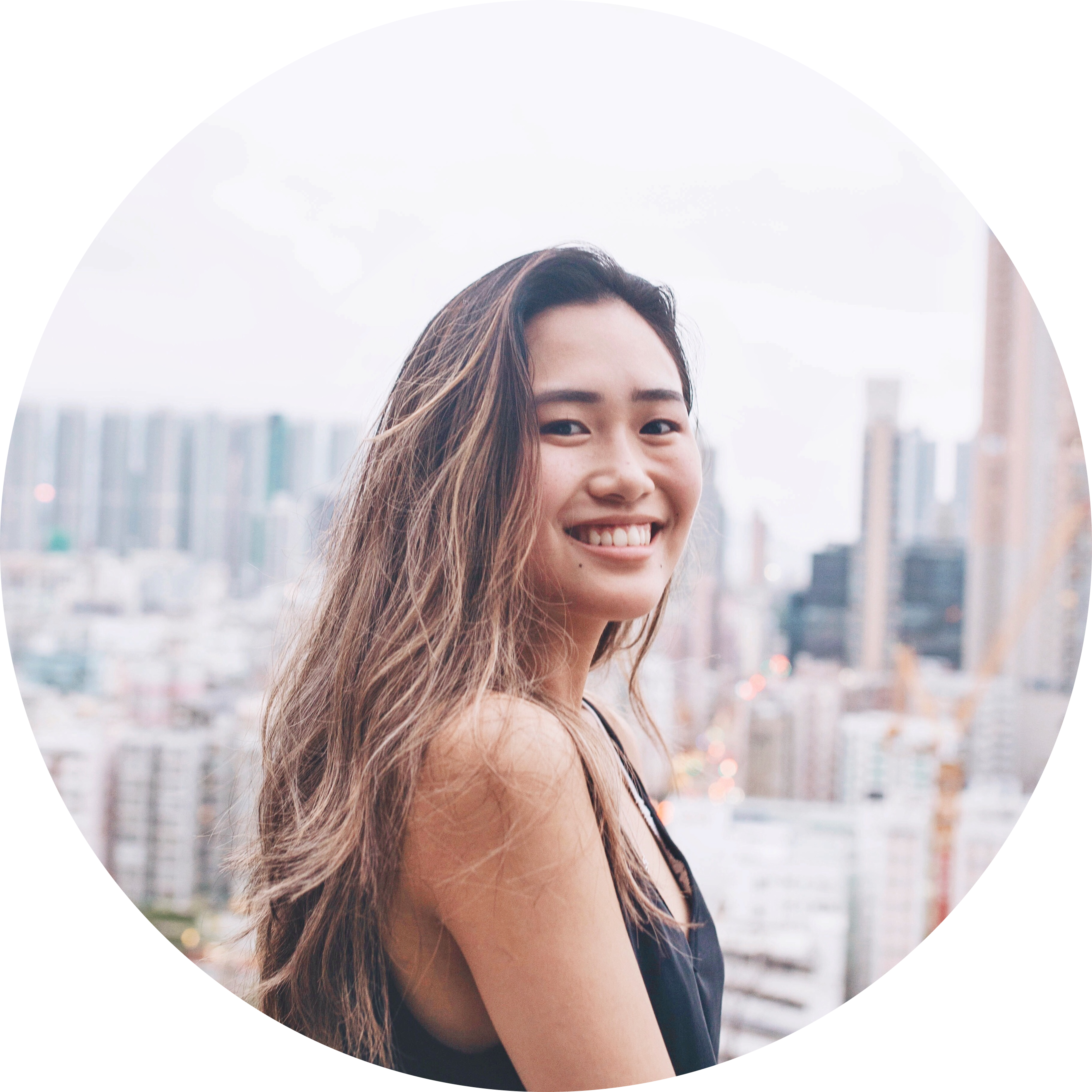Kristy Lin is a second generation Chinese Canadian born and raised from Vancouver, graduating from UBC with a major in Asian Area Studies and a minor in Asian Canadian Asian Migration Studies (ACAM). Growing up, she’s always been interested and curious about many different aspects of life and so through both Asian Studies and ACAM she was able to learn from many disciplines such as psychology, philosophy, sociology, film and media but through the lens of Asia. One of her favourite memories from her time at UBC is studying abroad at Yonsei University in Seoul. Apart from her studies, she loves travelling, learning about different languages and cultures, and documenting her life experiences and journey on social media platforms such as Youtube and Tiktok.
What is a favourite memory or story you have from ACAM?
One of my favourite memories and also most valuable experience is being introduced to the INSTRCC student team through some of the courses I had to take as part of my ACAM requirements. INSTRCC stands for the ‘Initiative for Student Teaching and Research in Chinese Canadian Studies’ at UBC, and through my involvement there I was able to work alongside very inspirational and hard working students that shared similar goals of mine to bring Chinese Canadian stories to the public through digital media. Through my role at INSTRCC I was able to work on various short films that were screened at the ‘A Seat At The Table’ exhibition in Chinatown and at the Museum of Vancouver, as well as working on programming for both exhibitions and future UBC courses. Everything was a learning experience for me and I am very grateful for this opportunity and for the individuals I have met through this experience.
Why did you declare a minor in ACAM? What drew you to the program?
Declaring a minor in ACAM in a way served as an extension of my major, which was in Asian Area Studies. I focused a lot of my studies on East Asian popular culture and contemporary society, but ACAM allowed me to more deeply explore the roots of my own identity as a Chinese Canadian and also to better understand immigration outside of just my own personal experience with it. Through this, I was able to learn more about my parents and the way they raised me, and how that changes the way I am today. Many of the courses also focused on digital and new media, and as someone who is more interested in media arts and technology I was naturally drawn to many courses from the program.
What connections and ideas were you able to foster through ACAM?
Through ACAM, I started to really understand and also practice the idea that stories from minorities are worth telling. Whether it is your own personal story or the story of your friends and family, they are all worth sharing and have an audience. I worked on many projects that involved interviewing my own family members which allowed me to unlock parts of their lives that I would have never gotten to know about if not for ACAM.
Name an ACAM faculty whose class had a significant impact on you and share why.
Before the pandemic took over the world and all courses became virtual on Zoom, I registered for a Global Seminar course that was able to fulfill my last few ACAM requirements. This course is led by Professor Henry Yu and was originally a summer travel course to Asia to learn about ‘The History of Chinese Migrations’ (HIST 482). Because of the pandemic, we were no longer able to travel but the course gave me lots of opportunities to speak up from my own personal experience as a Chinese Canadian raised under immigrant parents. Being the shy and introverted person that I am, the combination of the course discussions and the ability to attend class from the comfort of my own room allowed me to finally come out of my shell after 4 years at UBC. I am very grateful for this course and this opportunity, as well as Professor Henry Yu and his constant encouragements that eventually convinced me that my own stories and experiences are worth sharing.
What is one piece of advice you would give your first-year self?
Don’t worry too much about your future and who you will be because you are exactly where you need to be in the moment. Even if you can’t seem to figure life out, remember that in failing to find what you love to do, you will find what you don’t and that is progress too.
 Faculty of Art
Faculty of Art
